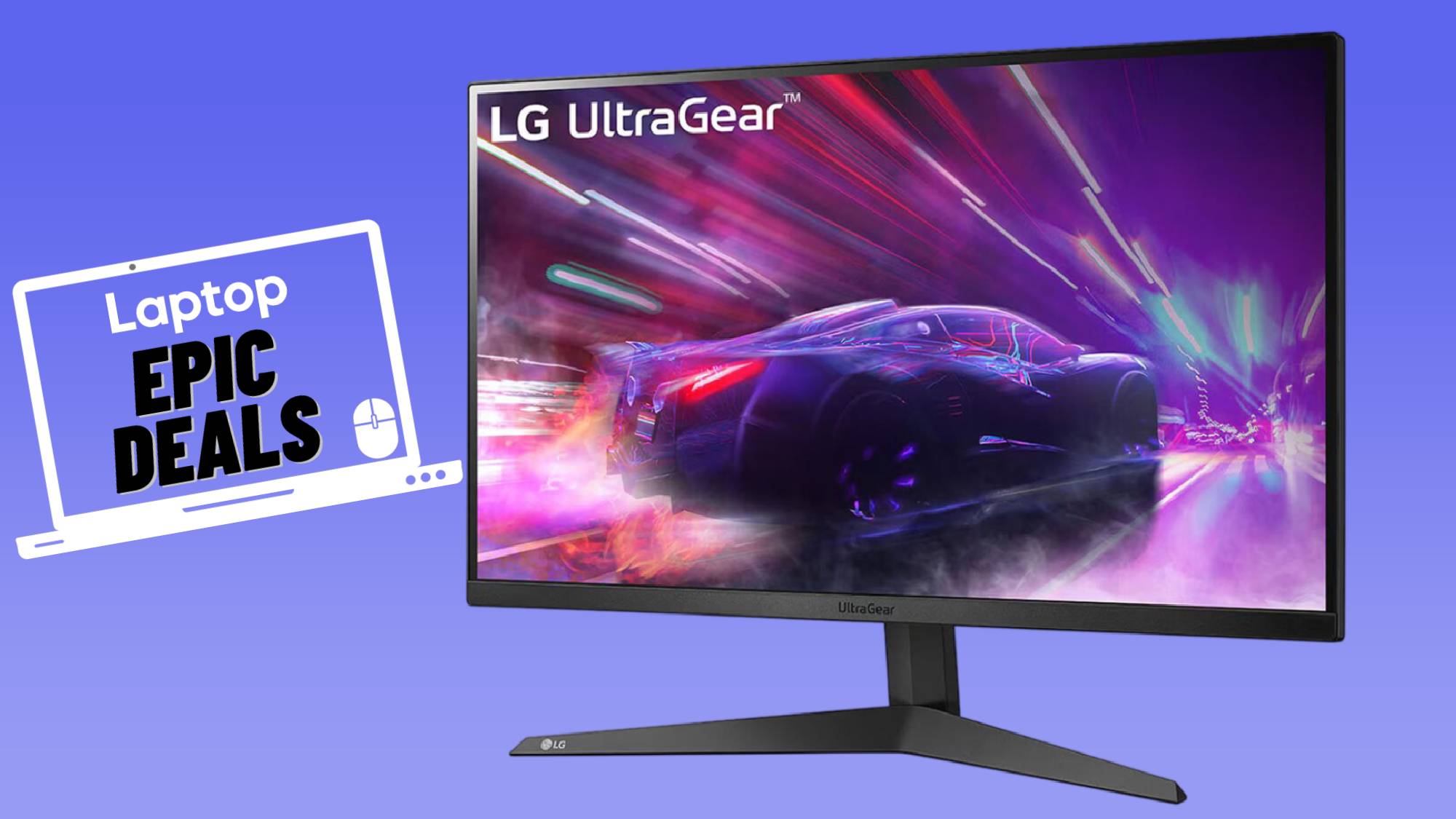Smartwatch ads play on your health fears — but they might be right
Smartwatch or die?

Many feel today’s smartwatches are geared toward tri-athletes, tech fashionistas, and those who must remain in constant contact with all things at all times. Some of that may be true, but truthfully, having read many stories and recently written one myself while dealing with the untimely deaths of friends and family. I’ve come to realize more and more that a smartwatch could save my life and is probably a smart investment in my health.
Yeah, this sounds like a mid-life crisis piece, but it’s not, I think. Mostly it's the precursor to several smartwatch reviews I am in the process of writing as smartwatch technology evolves into something more like Star Trek Tricorders used by Dr. McCoy as he wastes time checking the vitals of another fallen sacrificial red-shirted crew member.
While we haven’t quite reached the tricorder yet, smartwatch owners can gain important data on their health, habits, and possible warning signs of health problems on the horizon. They can then share the data with medical professionals who can provide guidance and possible remedies to keep you among the living. Let's be honest, the Grim Reaper is always lurking, even if we’re perfectly healthy, but a smartwatch can be another tool to keep the hardest working entity in the universe at bay.
Why a smartwatch is a good self-care investment
Truth be told, ever since Apple launched its new Apple Watch Series 8 using what I have to assume were some of the finest horror movie directors to scare all of humanity into buying yet another Apple product, I’ve been hyper-aware of the benefits of owning a smartwatch. First and foremost, I can monitor my heart’s rhythm, and its fluctuations, and I’m able to gain regular ECG data that I can share with my doctor (still need to select a PCP, yes I’m failing at adulting), or other medical professionals.
Atrial fibrillation, commonly known as a-fib, is a very serious condition that can cause irregular heartbeats; this is often times referred to as arrhythmias. This occurs when the heart's upper chambers are not working in tune with the lower chambers, which can potentially create blood clots that can travel to other parts of the body, including the brain.
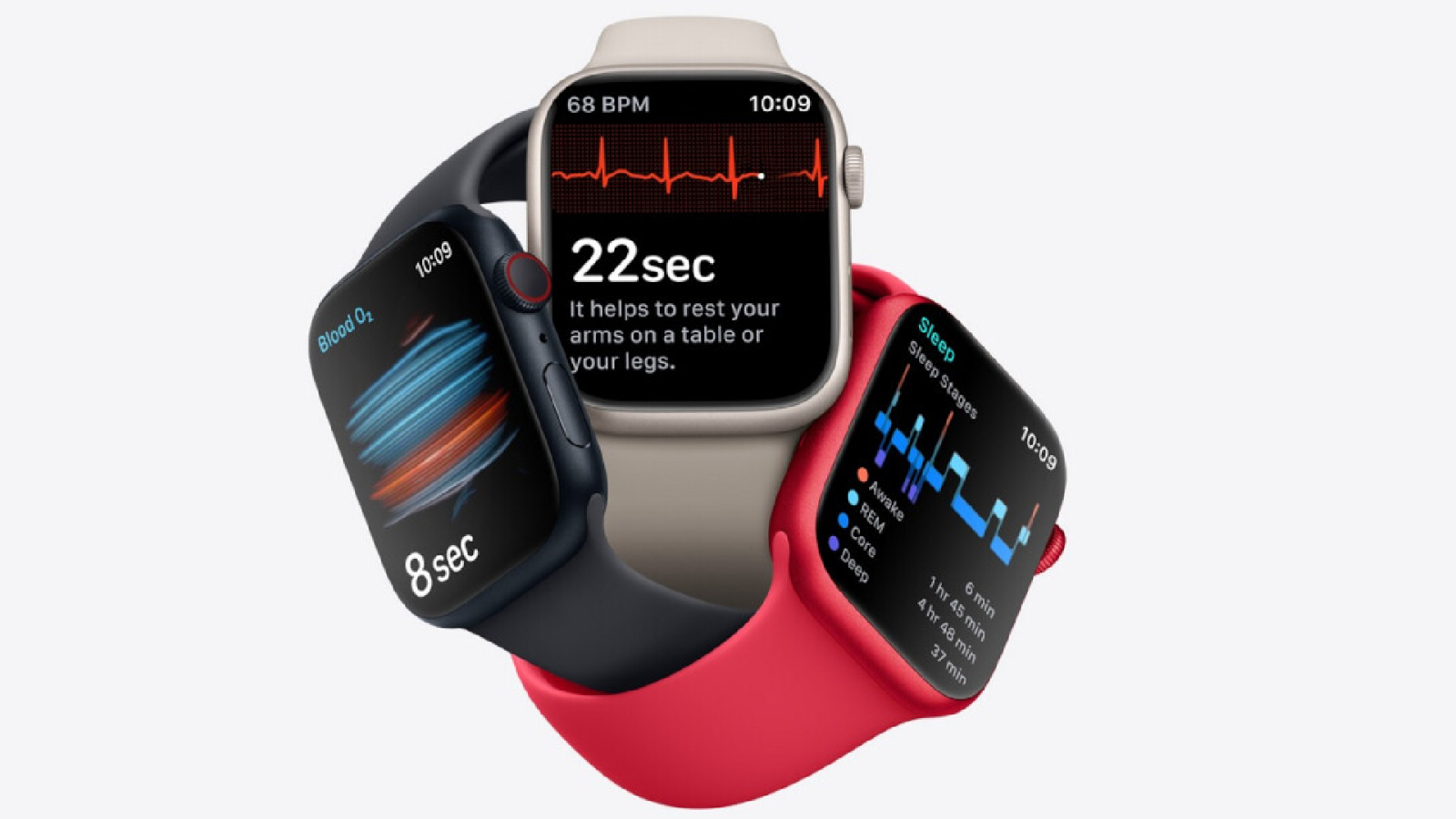
This increases your risk of cardiovascular disease, heart attacks, and strokes, and it can be hard to detect; often, many do not show symptoms. Basically, your heart keeps you alive but is also the Grim Reapers ticking time bomb. A good way to thwart the ghoul of unhappy endings, is to keep a close and active watch on changes in your heart’s rhythm and share that information with your doctor when you go in for checkups (does anyone know a good PCP?).
The second cool part of smartwatch tech is if I’m not feeling well or in danger, I can use my watch to call for help, which is game changing. If your watch only has Bluetooth and Wifi, you will need your phone nearby, but if it’s cellular capable, you can be sans phone, and it’s got you covered. Basically, your smartwatch is a more fashionable, high-tech medical alert bracelet from one of those awful commercials where you see an elderly person has fallen and can’t get up. Speaking of which, your smartwatch can tell if you’ve fallen or have been in a car accident and alert emergency services for you, as well as your family.
Stay in the know with Laptop Mag
Get our in-depth reviews, helpful tips, great deals, and the biggest news stories delivered to your inbox.
There are now even smartwatches that, in conjunction with CGM sensors can monitor your blood sugar levels, a major concern for those who suffer from Diabetes. The advantage of having a device on your wrist that can not only tell time but monitor your health is an investment worth making. It’s worth noting this has not come to the Apple Watch or Samsung Galaxy Watch yet, although rumors persist that both are working on the feature.
Another great feature is the ability to monitor your blood oxygen levels, which became a huge one during the height of the Covid-19 epidemic that remains with us today. You could have Covid but not realize it until it is too late, however, if you notice your blood oxygen levels dropping, this could be a sign that you have it (or another serious medical condition) and need to seek medical attention.
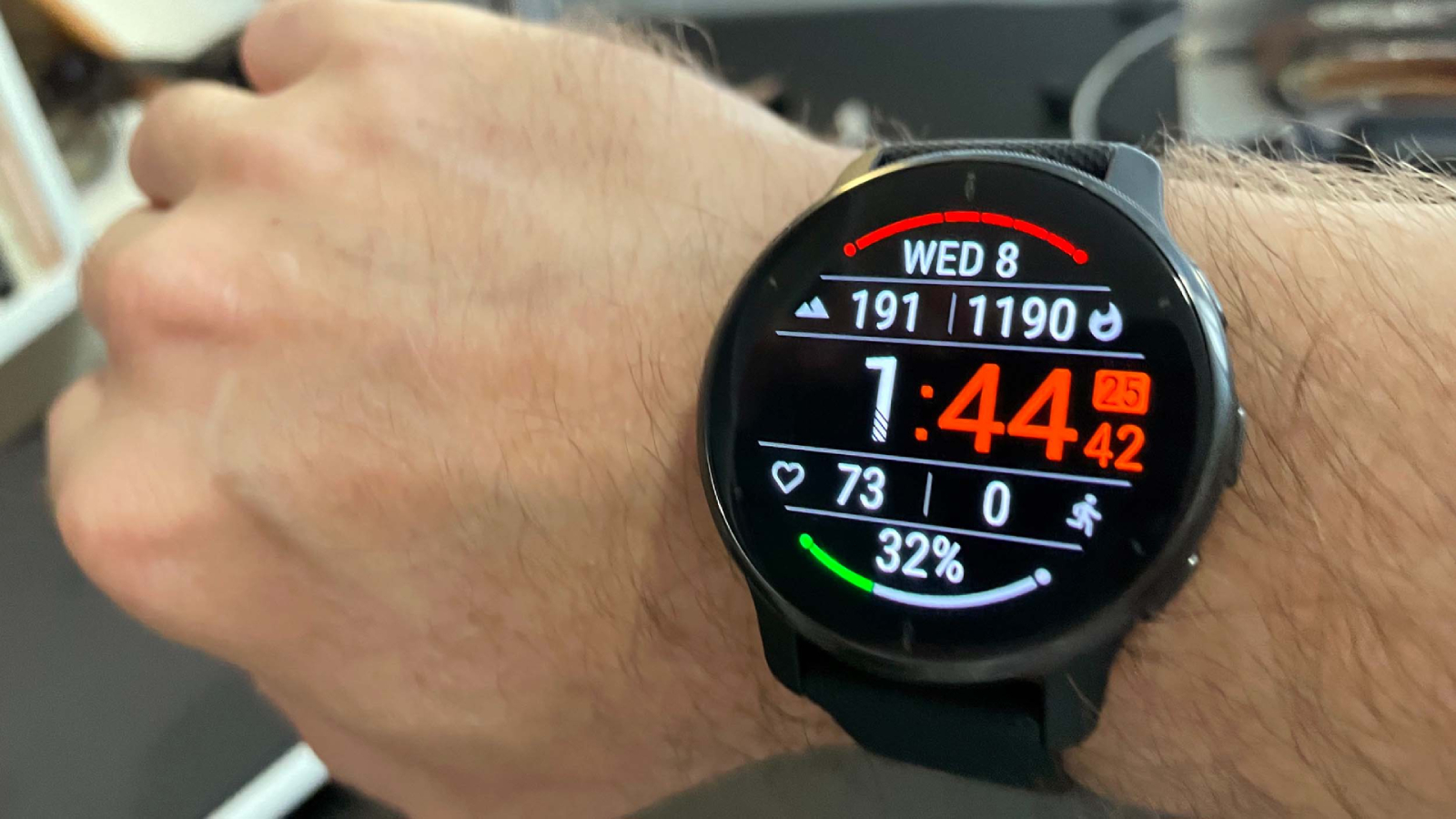
Also, there are a host of fitness benefits to owning a smartwatch as most will nudge you periodically to get up and move, go for walks, and some will even help you build a workout regimen that's within reach, unlike the ones some roided out guy on Instagram is trying to sell you. Also, science ( I know, scary word time) has proven that sleep is far more important than we realize in maintaining our health, and just about every smartwatch today has sleep monitoring apps built-in that will let your know not only if you’re getting enough sleep, but if it is quality sleep, restful sleep.
Which Smartwatch OS is the best for you
I have owned two Apple watches, and I’m currently reviewing two Wear OS watches, to be honest, it's a matter of personal preference and how much Apple’s proprietary ecosystem matters to you because Wear OS works on an iPhone as well as on Android-based devices. That simple fact alone gives it a bit of an edge. Why can’t you connect your Apple Watch to your Android device? I would say ask Tim Cook, but he will probably crack a joke about buying your Mom an iPhone and tell you to get off Cupertino’s lawn.
There are some other wearable OS’s like OnePlus has its own OS for its OnePlus Watch, which impressed me in my review, and it too provides you with an overview of your general health condition.
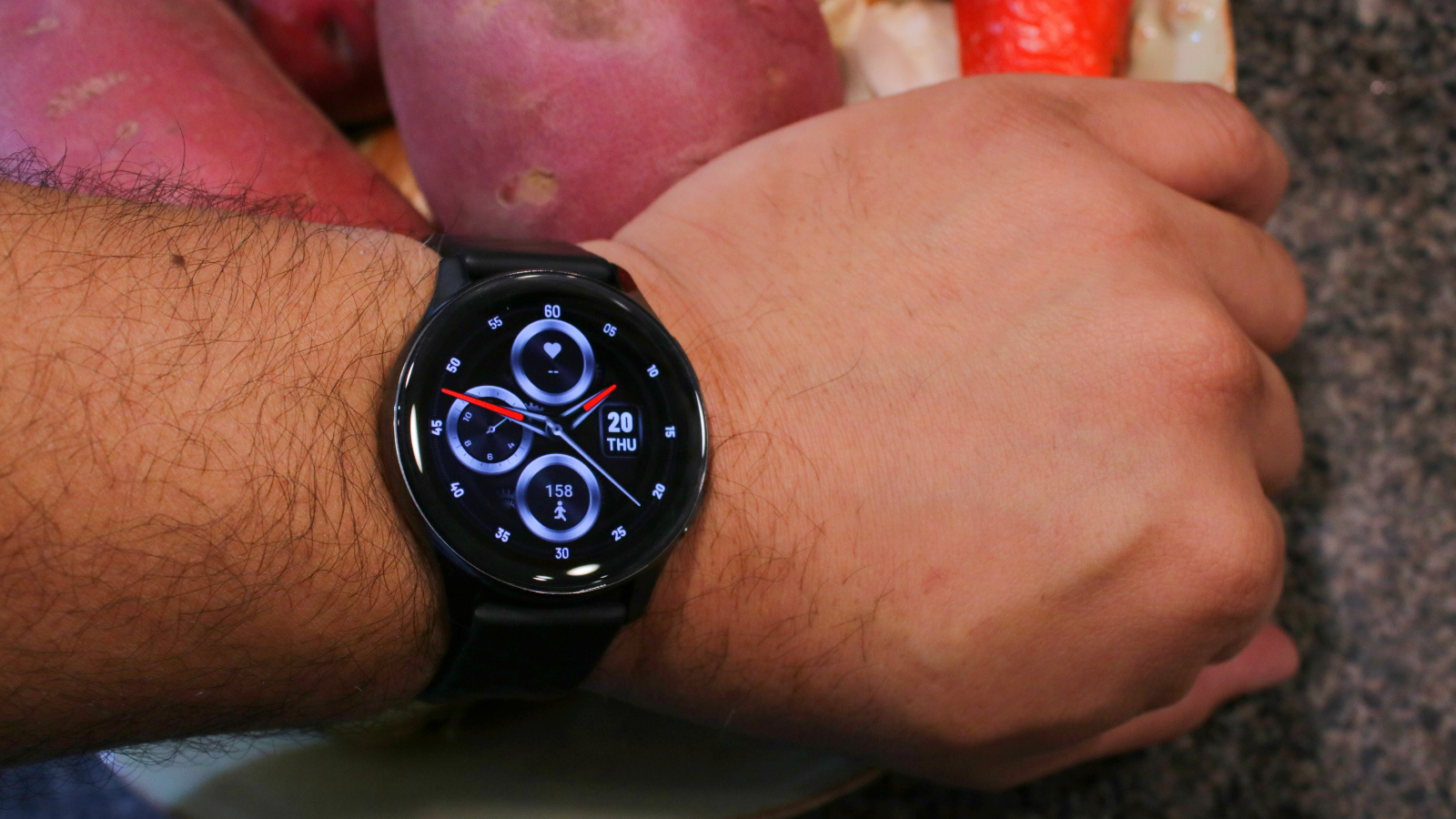
Garmin uses its own ConnectIQ on Garmin OS and so on. More importantly, you can find a smartwatch within your budget, and I suggest you consider it seriously. I recommend purchasing a smartwatch if you’re on the dark side of 40 or even the shady side of 35 and you have a family history of heart or other diseases that have been passed down to you because that's how genetics tends to work.
Which smartwatch OS you choose is a matter of personal preference, and which types of apps and services are most important to you. You just need to make sure it can monitor your heart rhythm, at a minimum, which most can do, and ideally, your blood oxygen levels as well.
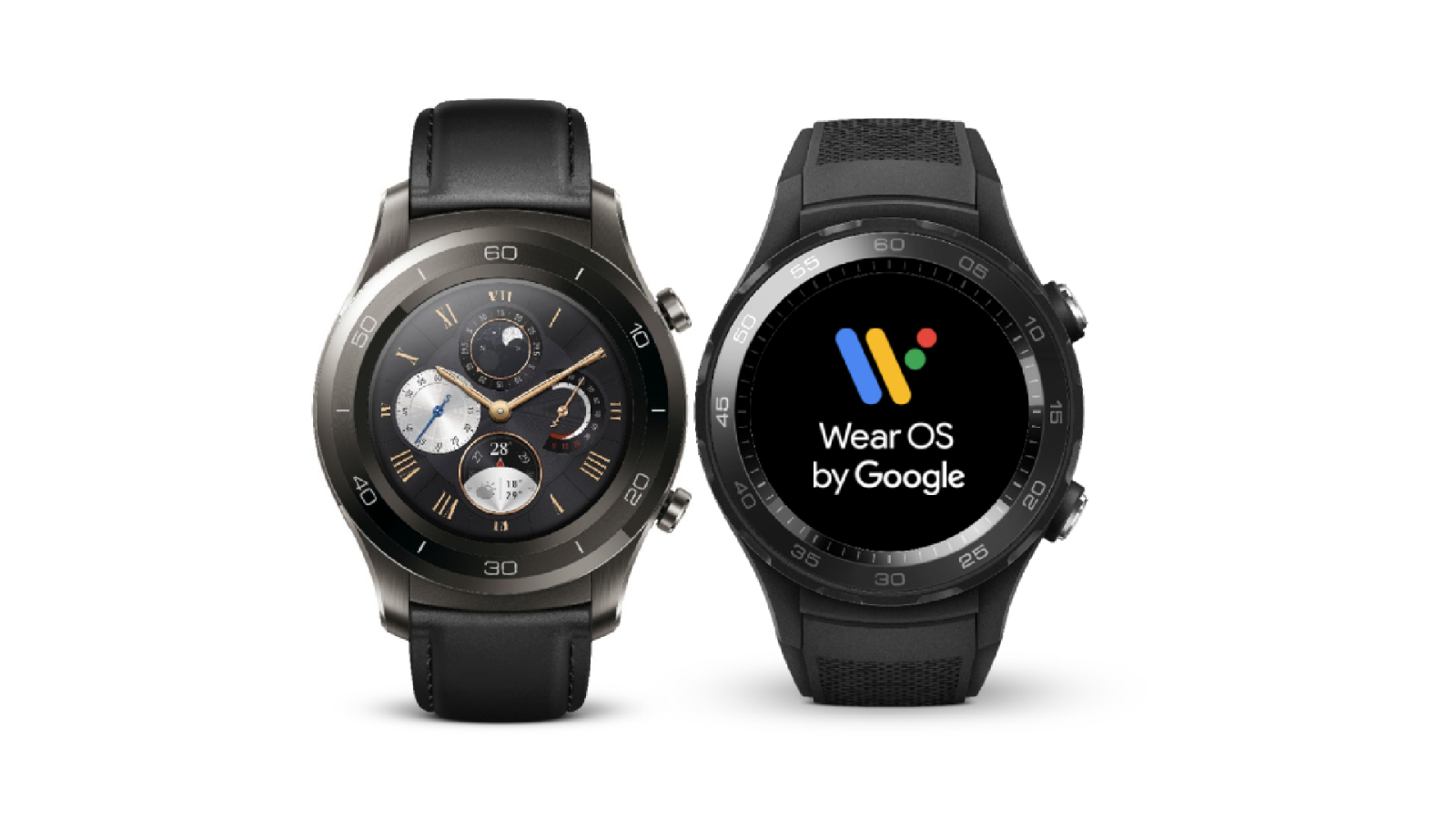
Also, if you are a weekend warrior athlete, or just someone who likes to go hiking, I suggest making sure the watch you choose has GPS even when not tethered to a smartphone. There are many positives to investing in a smartwatch, mostly a healthy amount of self-care is important, and having a tool that makes monitoring your health in real-time as you go about your day, is invaluable, especially as you approach your middle years, start to feel the effects of all those late nights in your twenties and thirties catching up with you. For our U.S. readers, let's not forget our American diet of cheesy, buttery, salty, sweet, and greasy. By the way, there are apps to help you eat healthier, monitor your stress levels, and even your hydration. Thanks to your smartwatch, just keeping a watchful eye on your health will help keep you out of the Grim Reaper’s boney grasp.

Mark has spent 20 years headlining comedy shows around the country and made appearances on ABC, MTV, Comedy Central, Howard Stern, Food Network, and Sirius XM Radio. He has written about every topic imaginable, from dating, family, politics, social issues, and tech. He wrote his first tech articles for the now-defunct Dads On Tech 10 years ago, and his passion for combining humor and tech has grown under the tutelage of the Laptop Mag team. His penchant for tearing things down and rebuilding them did not make Mark popular at home, however, when he got his hands on the legendary Commodore 64, his passion for all things tech deepened. These days, when he is not filming, editing footage, tinkering with cameras and laptops, or on stage, he can be found at his desk snacking, writing about everything tech, new jokes, or scripts he dreams of filming.
